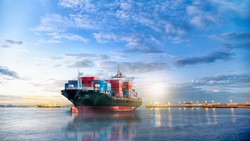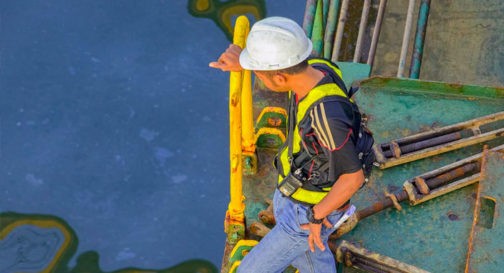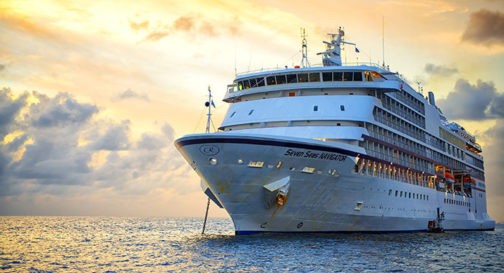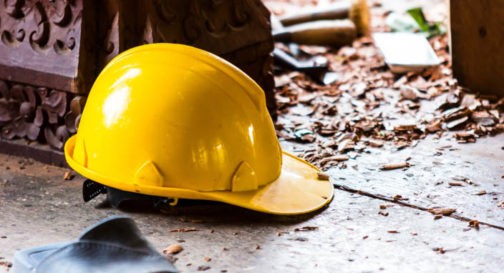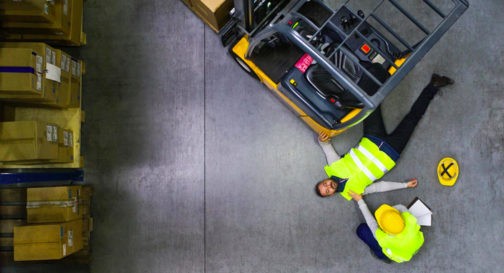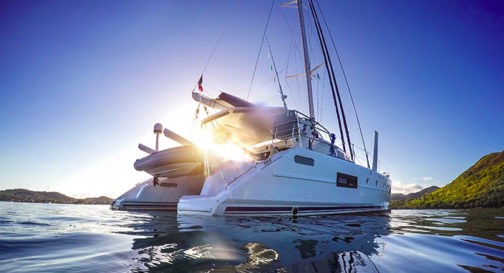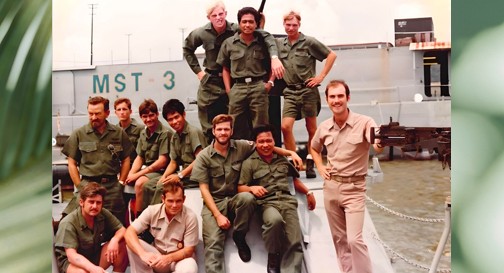Unseaworthiness Claims Attorney
California Maritime Lawyer Preston Easley Assists Crew and Passengers Injured Due to the Negligence of a Vessel Owner or Captain With Unseaworthiness Claims in CA and HI
The word “unseaworthiness” may conjure up images of an old boat with holes leaking in its hull, obviously unfit to leave port. However, in legal terms, the concept of unseaworthiness is much more subtle and covers more than just the structural seaworthiness of the vessel itself.
In maritime law, an unseaworthy vessel is defined as any fishing boat, cruise ship, yacht, barge, etc. with unsafe conditions on board. Unseaworthiness doesn’t mean that the ship is liable to sink as soon as it ventures into the open seas, and in fact this rarely happens. More often, an unseaworthy vessel is one that causes any injury to its crew or passengers, as the result of the negligence of the vessel’s owner or captain.
Maritime Accident Lawyer Preston Easley is a Graduate of the U. S. Naval Academy in Annapolis, Maryland. You Can Rely on His Expertise in Maritime Law to Protect Your Rights. Contact Him Today For a Free Consultation About Your Case.
Shipowner’s Obligations to Maintain Seaworthiness
A long list of defects and oversights can classify a vessel as unseaworthy in the eyes of the law. A few examples of shipowner’s obligations include:
- The ship structurally must be in good shape, with no leaks or obvious mechanical flaws; the failure of the ship’s owner or captain to keep the vessel properly maintained can expose him to damages in the event of injury or death.
- All baggage and equipment on the ship should be properly stowed, so as not to tumble onto the heads of passengers or crew if the vessel suddenly lists.
- Floors and decks should be kept reasonably slip-proof.
- Toxic chemicals, including cleaning supplies, and combustibles materials must be properly sealed and secured containers.
- There should be no unsafe materials (like asbestos) be used in the vessel’s construction.
Unseaworthiness claims can also apply if a vessel isn’t properly outfitted for the task at hand:
- Barges and tugs should be equipped with the necessary ropes, pulleys and winches, and passenger ships with personal flotation devices and, if necessary, life rafts.
- All ships should be outfitted with minimal first-aid gear or facilities, working radios, and (if circumstances apply) sanitary kitchens and habitable passenger or crew compartments.
Finally, a ship can be deemed unseaworthy if it isn’t properly crewed, or if the crew is insufficiently trained or equipped for their jobs. The lack of an adequate number of deck hands can expose passengers, and other crew members, to unnecessary risks, and an untrained or poorly trained crew can be equally dangerous both to themselves and to non-crew members. In addition, the captain is responsible for making sure that his crew is alert, sober and ready for action; an accident caused by an inebriated crew member can be sufficient grounds for a claim of unseaworthiness.
Unseaworthiness Claims vs. Jones Act
Unseaworthiness Claims are made against the owner of the vessel. Claims under the Jones Act are filed against a seaman’s employer.
Unseaworthy Vessel Claims Attorney
Free Consultation – Serving Hawaii and California
Because “unseaworthiness” is so broadly defined, it’s important to hire a lawyer who knows the ins and outs of maritime law, including claims of Unseaworthiness and the Jones Act, which applies to compensation claims filed by marine workers. What seems like a simple, unavoidable accident to you may in fact have been the result of a negligently maintained ship, an improperly trained crew member, or a missing or damaged piece of equipment — any of which may entitle you to compensation under a claim of unseaworthiness.
Attorney Easley is an experienced maritime accident trial lawyer that has been represented injured seamen including longshoremen, shipyard workers, tugboat crewmen, dredge crewmen, pile drivers, marine construction workers, merchant seaman and tour boat/recreational boat crews and passengers.
For a free initial consultation, call (310) 832-5315 to discuss your case or use the Contact Form on this website to share your story.
San Pedro, CA 90731 (310) 832-5315
San Diego, CA (619) 699-4884
Ventura, CA (805) 289-1551
Honolulu, HI (808) 922-2383

